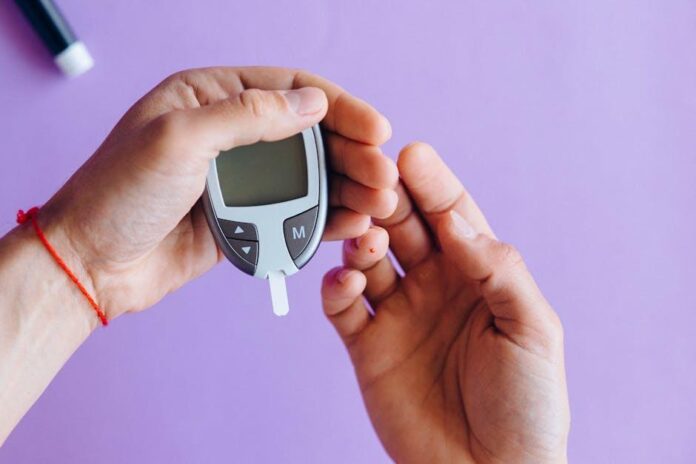
High blood sugar, also known as hyperglycemia, can have devastating effects on your health. When your blood sugar levels are consistently elevated, it can lead to serious complications and health problems. In this article, we will explore the various ways in which high blood sugar can impact your well-being and provide insights on how to manage and prevent this condition.
One of the most significant consequences of high blood sugar is the damage it can cause to your blood vessels and organs. When your blood sugar levels are consistently high, it can lead to a condition known as diabetic neuropathy. This is a type of nerve damage that can cause pain, numbness, and weakness in your extremities. It can also affect your digestive system, causing problems with digestion and bowel function.
High blood sugar can also have a negative impact on your cardiovascular system. Elevated blood sugar levels can cause damage to your blood vessels and increase your risk of developing heart disease and stroke. It can also lead to a condition called atherosclerosis, where plaque builds up in your arteries, restricting blood flow and increasing your risk of heart attack.
In addition to the damage it can cause to your blood vessels and organs, high blood sugar can also impact your eyesight. Elevated blood sugar levels can damage the blood vessels in your eyes, leading to a condition known as diabetic retinopathy. This can cause vision loss and blindness if left untreated.
High blood sugar can also weaken your immune system, making you more susceptible to infections and illnesses. It can suppress the function of your white blood cells, which are responsible for fighting off infections. This can lead to frequent infections, slow wound healing, and a decreased ability to recover from illnesses.
Furthermore, high blood sugar can have a negative impact on your mental health. Studies have shown that elevated blood sugar levels can contribute to cognitive decline and increase your risk of developing dementia. It can also affect your mood, leading to feelings of irritability, fatigue, and depression.
Managing and preventing high blood sugar is essential for maintaining your overall health and well-being. One of the most effective ways to control your blood sugar levels is through a healthy diet and regular exercise. Eating a diet rich in fruits, vegetables, whole grains, and lean proteins can help regulate your blood sugar levels and prevent spikes in glucose. Avoiding sugary and processed foods is also important in maintaining stable blood sugar levels.
Exercise is another crucial component of managing high blood sugar. Physical activity helps your body use insulin more effectively, which can lower your blood sugar levels. Aim for at least 30 minutes of moderate exercise most days of the week to help control your blood sugar levels and improve your overall health.
In addition to diet and exercise, monitoring your blood sugar levels regularly is essential for managing high blood sugar. Your doctor can provide you with a blood glucose meter and recommend how often you should check your levels. Keeping track of your blood sugar levels can help you identify patterns and make necessary adjustments to your diet and medication.
If you have been diagnosed with diabetes or are at risk of developing high blood sugar, it is essential to work closely with your healthcare provider to manage your condition. Your doctor can help you develop a personalized treatment plan that includes diet, exercise, and medication to control your blood sugar levels and reduce the risk of complications.
In conclusion, high blood sugar can have devastating effects on your health if left untreated. It can damage your blood vessels, organs, eyesight, cardiovascular system, immune system, and mental health. Managing and preventing high blood sugar through a healthy diet, regular exercise, and monitoring your blood sugar levels is essential for maintaining your overall health and well-being. Working closely with your healthcare provider is crucial in managing this condition and reducing the risk of complications. Take control of your health and make the necessary lifestyle changes to keep your blood sugar levels in check.












